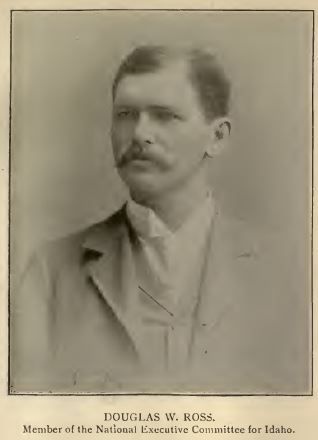| These electronic pages are intended for personal research and may not be reproduced or distributed in any format without the knowledge and written permission of the submitter. Selling or using this information in a commercial venture is strictly prohibited. Any other use, including copying files to other sites, requires permission from the contributors prior to uploading. This page is offered as a courtesy and is not an endorsement of any of the groups listed. The USGenWeb Project makes no claims to the validity of the information submitted and believes that each new piece of information should be researched and proved or disproved according to the weight of evidence. |
Return to Payette County IDGenWeb Home

